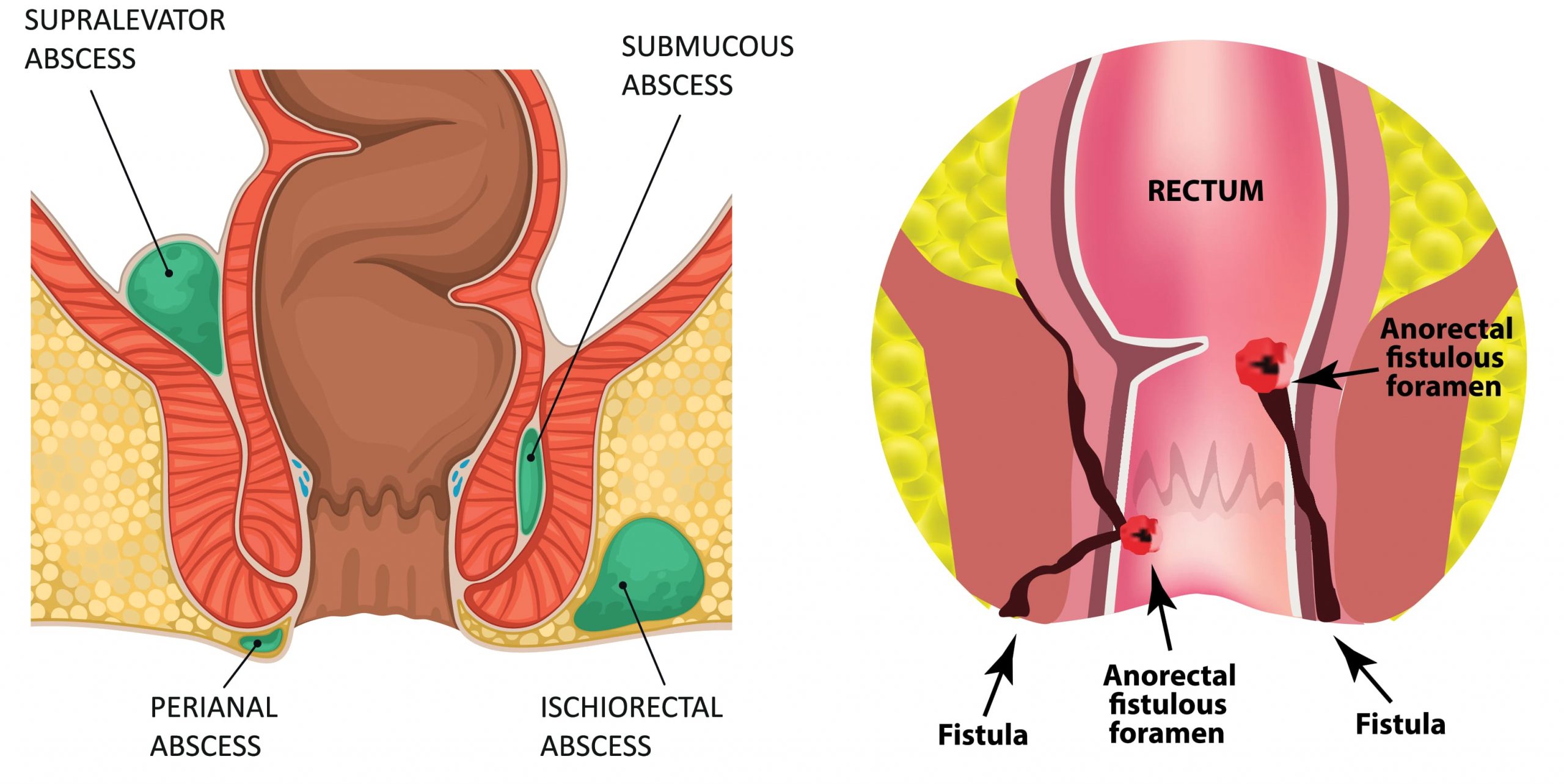
Fistula Treatment Without Surgery: Is It Possible?
Living with a fistula can be discomforting and often painful. Many individuals seek treatment options that alleviate their symptoms without undergoing surgery. At Arogyam Piles Clinic, we understand the concerns and preferences of our patients, which is why we offer comprehensive non-surgical approaches for fistula treatment in Mohali.
What is a Fistula?
Before delving into non-surgical treatments, let’s understand what a fistula is. A fistula is an abnormal connection between two organs or between an organ and the skin. In the case of an anal fistula, it typically forms as a result of an infection near the anus or rectum. The infected fluid creates a tunnel-like passage that may cause pain, discomfort, and drainage of pus or fecal matter.
Non-Surgical Options for Fistula Treatment
Medications:
In some cases, particularly when the fistula is small and not severely infected, medications such as antibiotics or anti-inflammatory drugs may be prescribed. These medications help control the infection and alleviate symptoms like pain and swelling.
Fistula Plug:
A fistula plug is a biocompatible material inserted into the fistula tract to promote healing. It acts as a scaffold for new tissue growth, ultimately closing the fistula. This approach is minimally invasive and can be effective for certain types of fistulas.
Fistula Tract Laser Closure (FiLaC):
FiLaC is a relatively new technique that uses laser energy to close the fistula tract. During the procedure, a specialized laser fiber is inserted into the fistula, where it delivers precise energy to stimulate tissue healing and seal the tract. FiLaC is associated with minimal pain and faster recovery compared to traditional surgical methods.
Ligation of Intersphincteric Fistula Tract (LIFT):
LIFT is a procedure that involves identifying and ligating the internal opening of the fistula tract. By sealing off this opening, the flow of infected material is stopped, allowing the fistula to heal from the inside out. LIFT is performed under anesthesia and typically results in shorter recovery times compared to conventional surgery.
Benefits of Non-Surgical Fistula Treatment
Minimally Invasive: Non-surgical treatments are often performed on an outpatient basis and involve minimal disruption to surrounding tissues.
Faster Recovery: Since these approaches are less invasive than surgery, patients typically experience shorter recovery times and can resume their normal activities sooner.
Reduced Risk of Complications: Non-surgical options carry fewer risks of complications such as bleeding, infection, or incontinence compared to traditional surgical procedures.
Choosing the Right Treatment Option
The choice between surgical and non-surgical treatment options for fistula management depends on various factors, including the severity of the fistula, its location, and the patient’s overall health condition. At Arogyam Piles Clinic, our experienced healthcare professionals carefully evaluate each patient’s case to determine the most suitable treatment approach.
In conclusion, while surgery has long been considered the primary treatment for fistulas, non-surgical alternatives offer promising outcomes for select patients. If you’re seeking fistula treatment without surgery, consult with our experts at Arogyam Piles Clinic to explore personalized solutions tailored to your needs. Your journey towards relief and healing begins with us.




